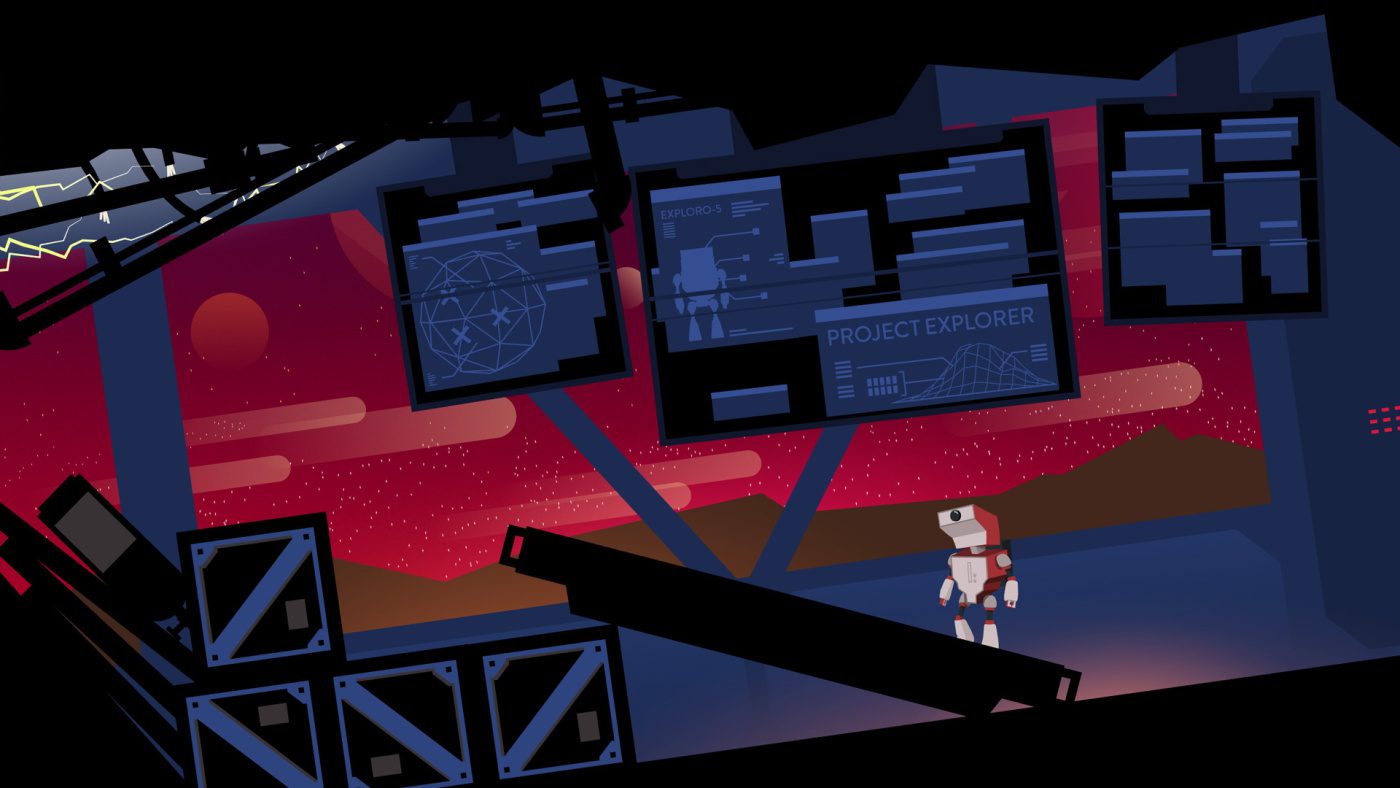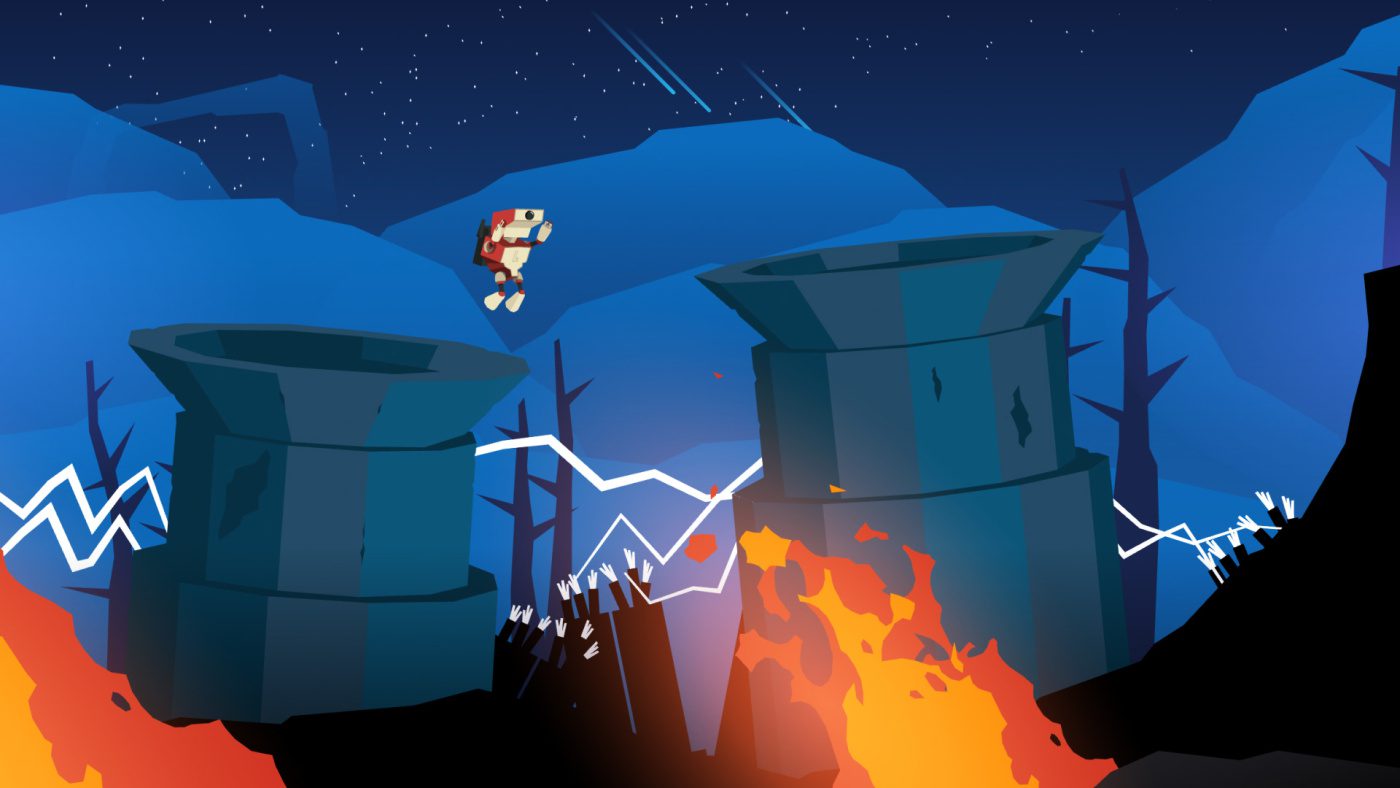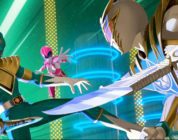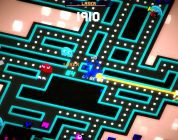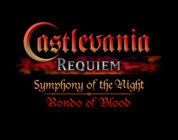Planet of the Eyes is a platformer-adventure game in which players explore a strange planet after crash landing onto the surface. There are dangerous creatures ready to lash out should you step even one inch into their territory, and there are architectural ruins interspersed with natural landscapes consisting of strange plants and molten lava. Basically, this planet could kill you at any moment. Beyond a gorgeous color pallet of pastels, the game has heart at its center—and a cute robot.
For the most part, I am a PC gamer, yet I recently got back into the console scene after E3 2016. I’m still hesitant to play certain types of games with a controller because I’m trying to get comfortable with a controller all over again, but Planet of the Eyes is definitely smoother to play on console than PC controls-wise.
With that in mind, the game is simple in the way of controls—right, left, jump, and grab are all the movements you can make—yet utilizes the element of timing well. Sliding down hills, jumping across ravines, and climbing ladders is as easy and as fluid as a platformer can get, but you’ll encounter a few monsters that will test your ingenuity: giant beetles, mutant spiders, scary sea creatures—you know, the usual assortment of murderous wildlife you find on strange planets. The terrain is a breeze to navigate if you take a few moments to look at your surroundings. There are some interactive objects that blend into the scenery, so hopefully your detective skills are on point, otherwise you might miss them.
All of these thing are seamlessly incorporated into Planet of the Eyes as environmental puzzles. Most of them require a little thought and exploration, but they are all easy to solve. When you do make a mistake, death is instant, but you respawn quickly, sometimes just a few steps behind from where you took a fatal plunge or were chewed to bits by a giant beetle. Overall, there is a nice variety to the puzzles, and the game does a great job of making sure none feel repetitive, but what often seems like a simple solution won’t be if you try to speed through the brutal environment. Patience is key.
Scattered throughout the game are cassette tapes that tell the story piece by piece—which is an odd juxtaposition in itself, considering the higher forms of technology that make up the game. None are hidden or stowed away in secret places; you’ll come across from them every so often along your journey. There’s a surprising amount of backstory in these tapes, each one gradually giving more insight into how and why you ended up on this planet. For such a short game—around the hour mark—there is a good amount of depth to the story, and enough context revealed evenly throughout the game to keep you interested. It’s mysterious enough, but not for the sake of being mysterious. The narration is soothing, and the admiration the man has for the little robot that you control comes through loud and clear.
However, because Planet of the Eyes’ total playtime is so short, there are a lot of unanswered questions. You won’t have a full understanding of the events that took place prior to the beginning scene of the game, so you’re left to fill in the blanks. The game is held together by its narrative, which adds a needed extra layer of complexity, yet there is so much unexplored depth to the story—mainly surrounding the relationship the creator has formed with the robot, and how these robots fit into the world where they come from.
In all, Planet of the Eyes is by all accounts a carefully crafted game. It’s clear that the developers put a lot of time and thought into everything from the art, to the narration, to the gameplay. But its greatest shortcoming is that it’s not a longer game. The game provides a satisfying experience overall, but not the emotional resonance. At the same time, however, there is beauty in its subtle narrative. How you feel about the game will come down to this: if you are a novel-person or a short story-person.
For more information on Planet of the Eyes, check out the official website. A copy of the game was provided by the developer.

